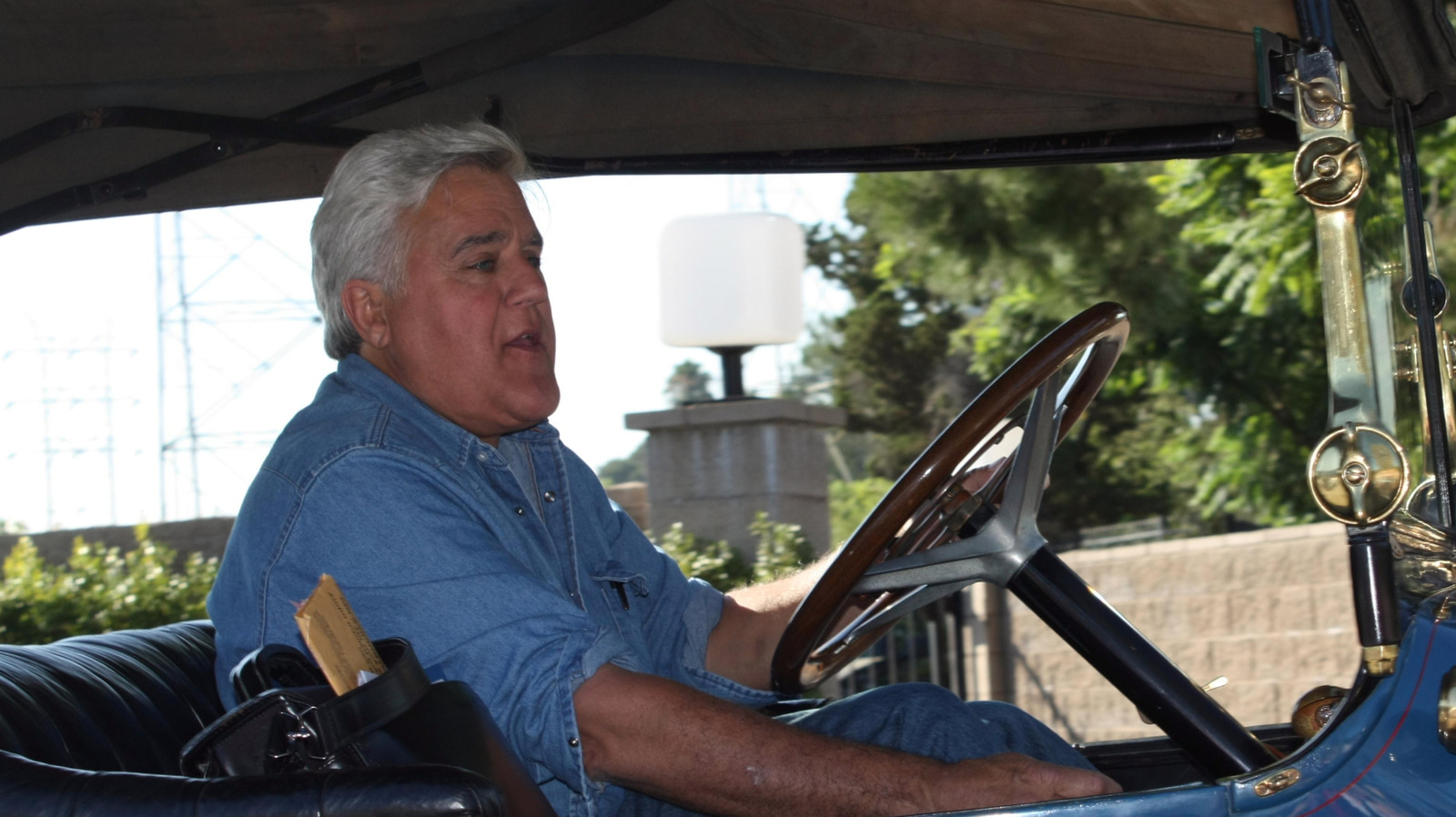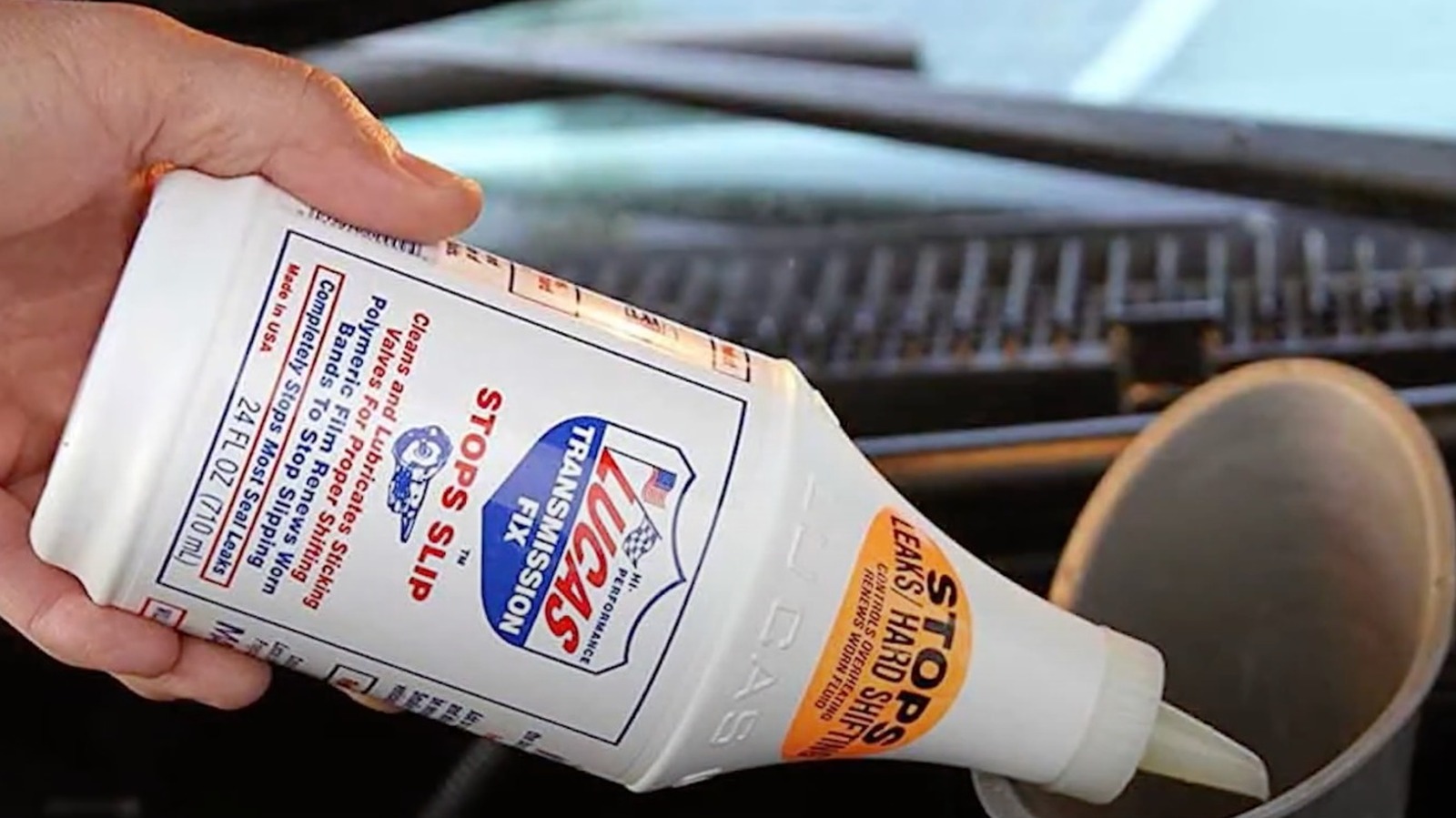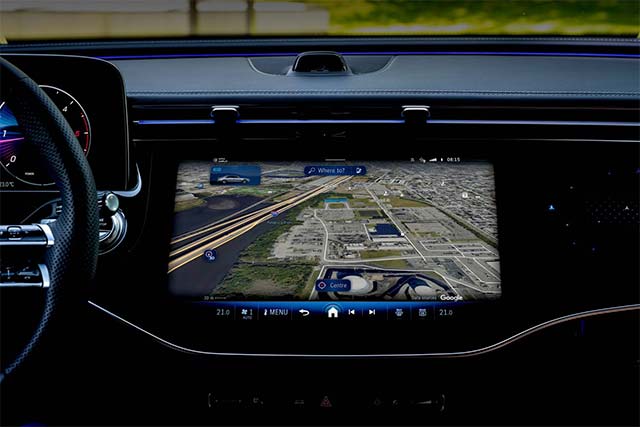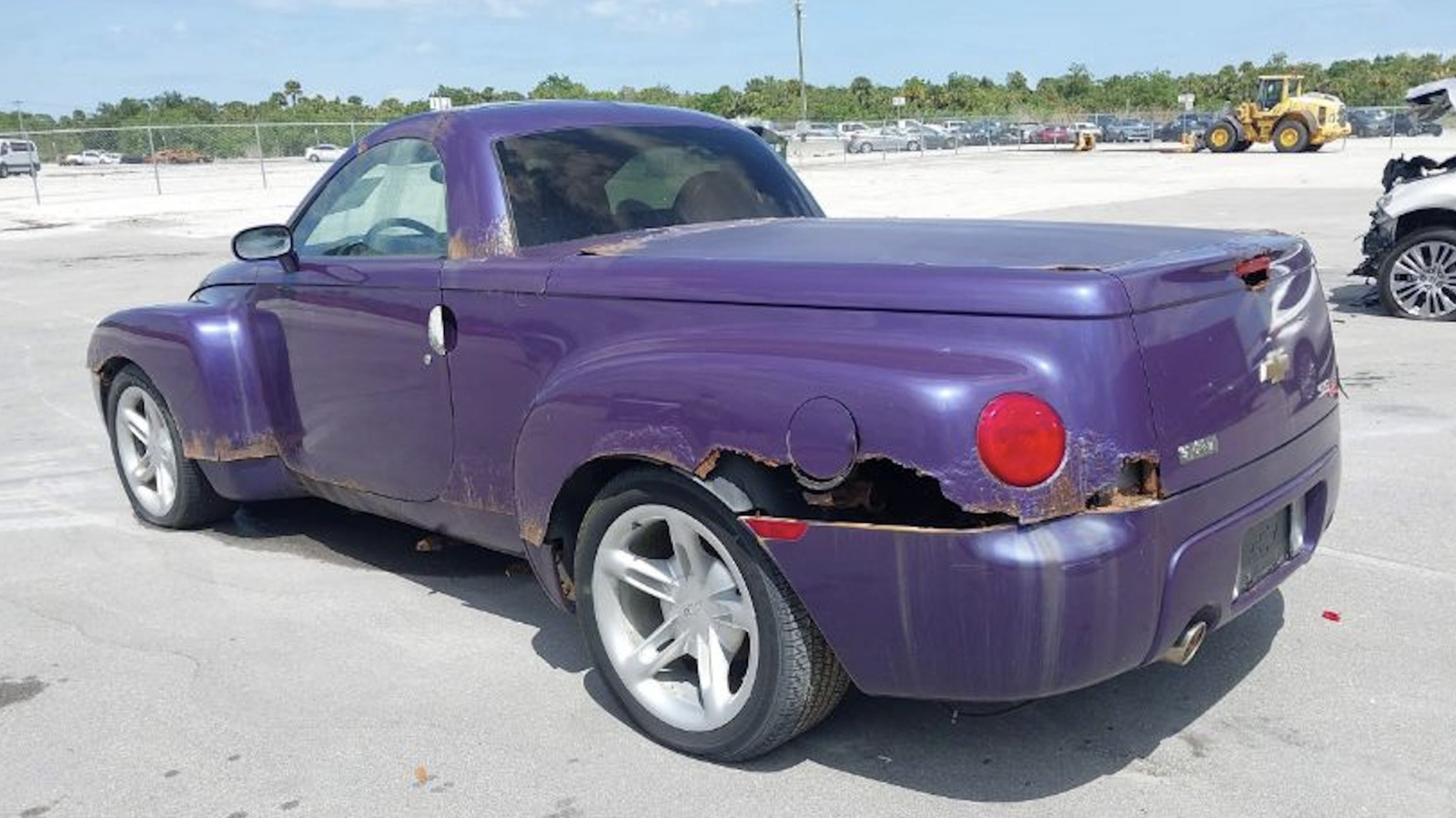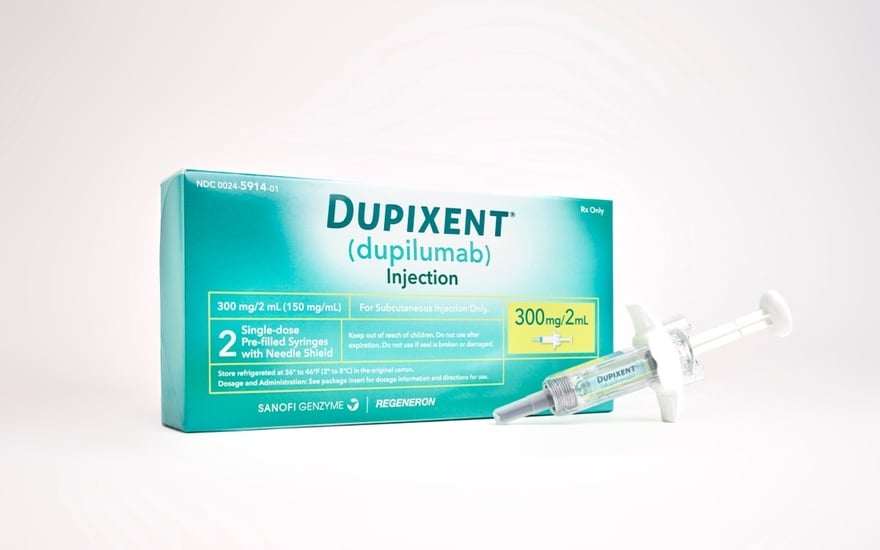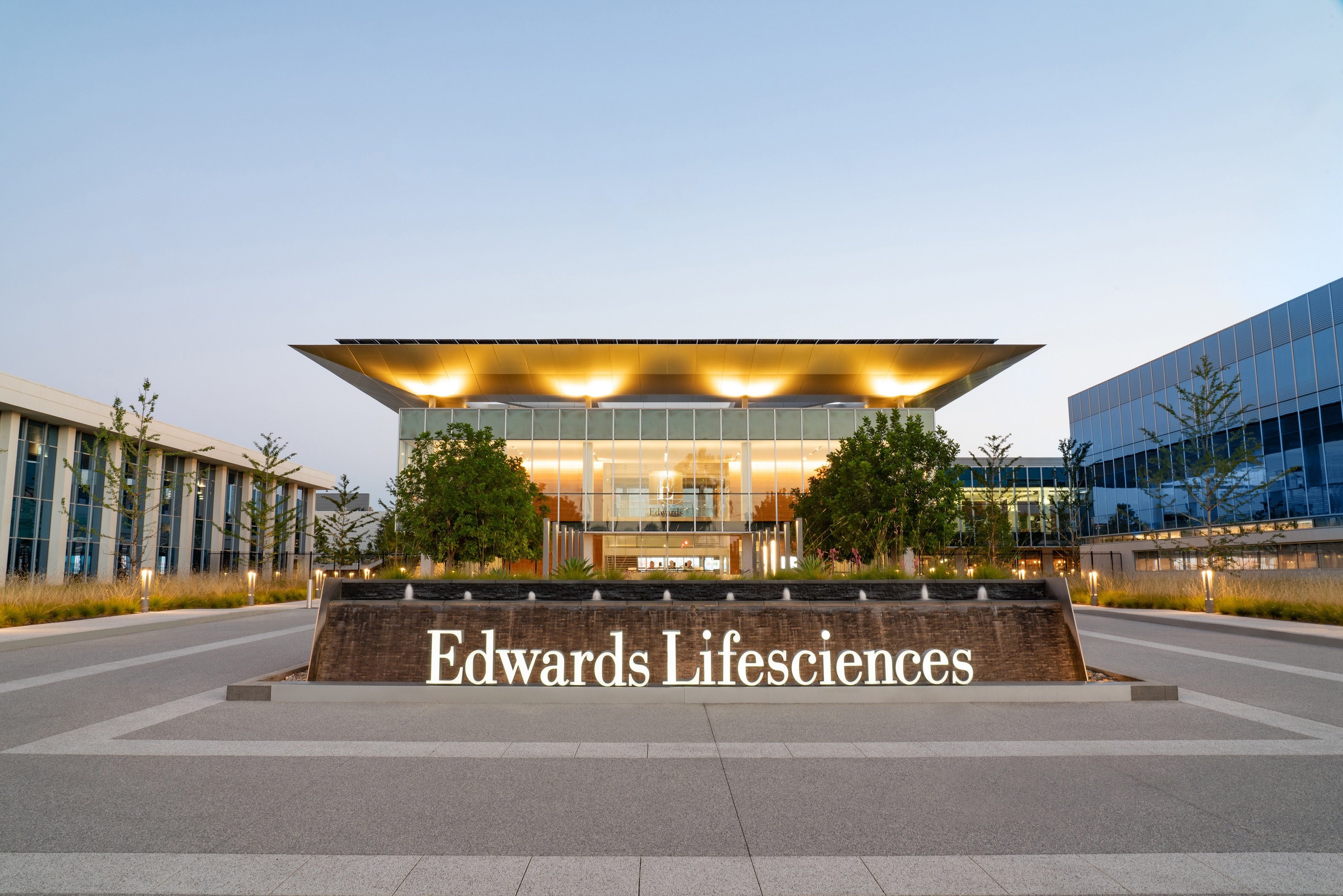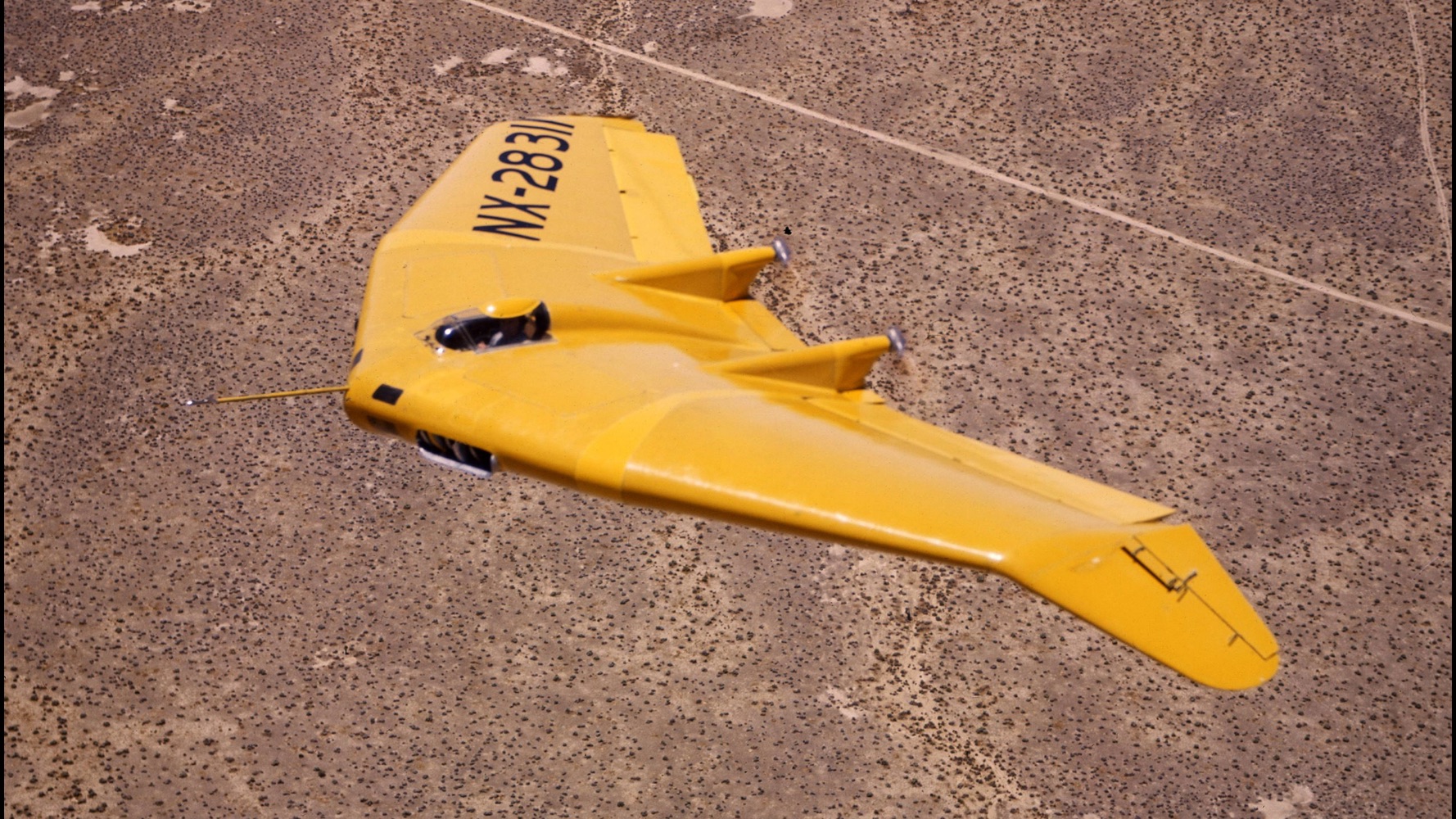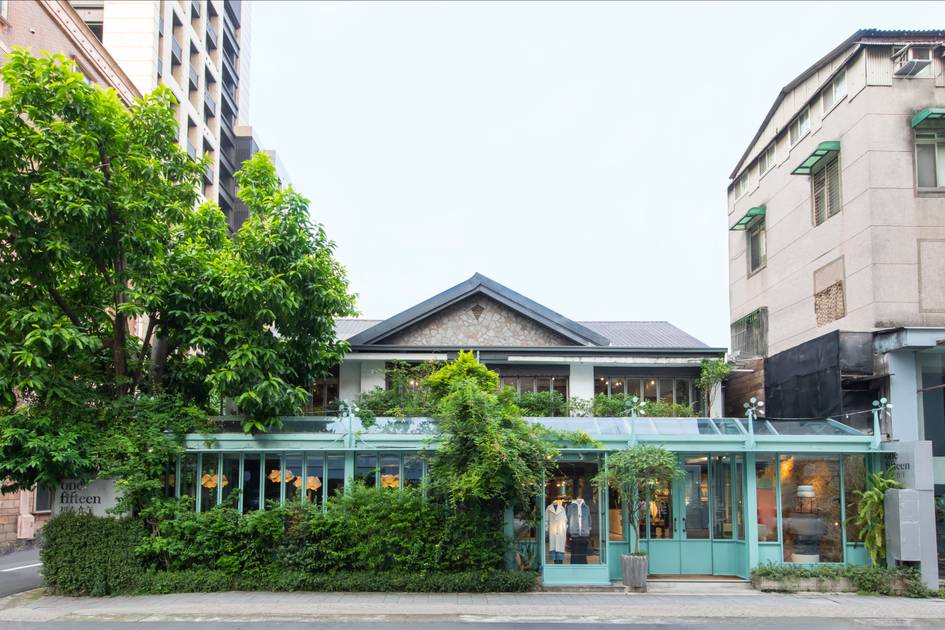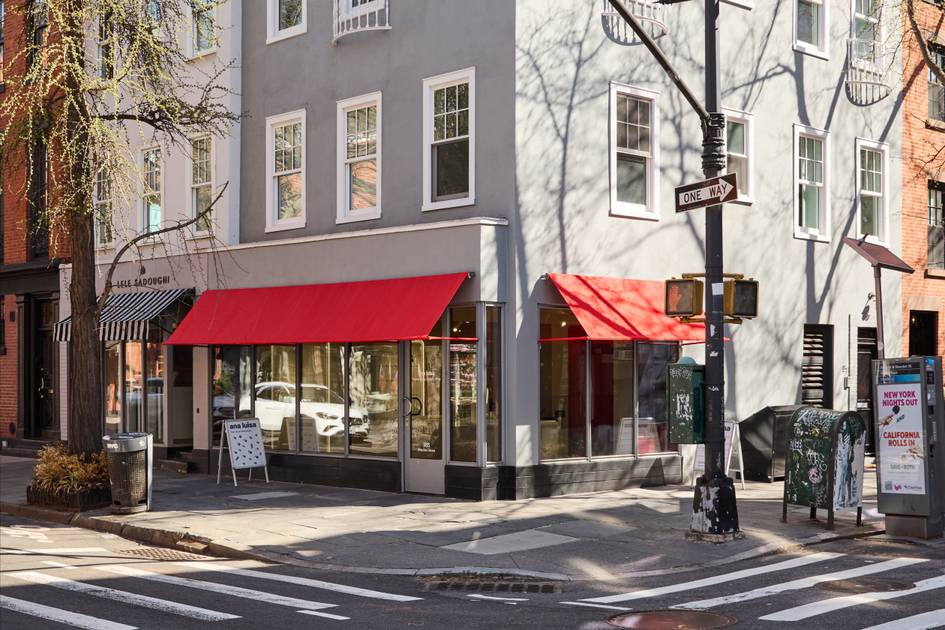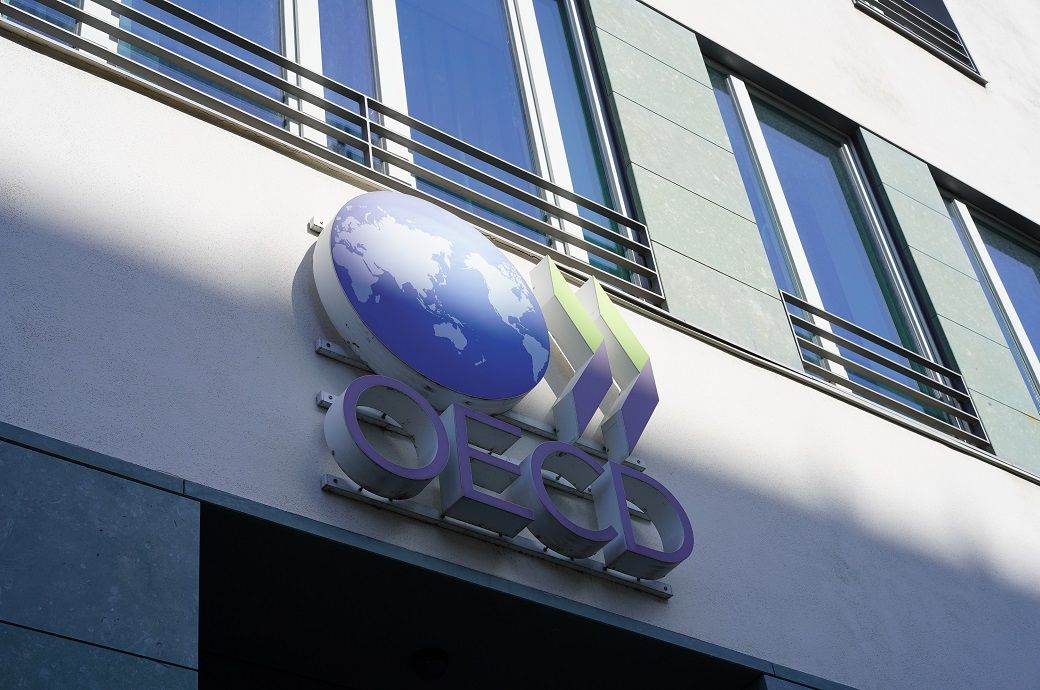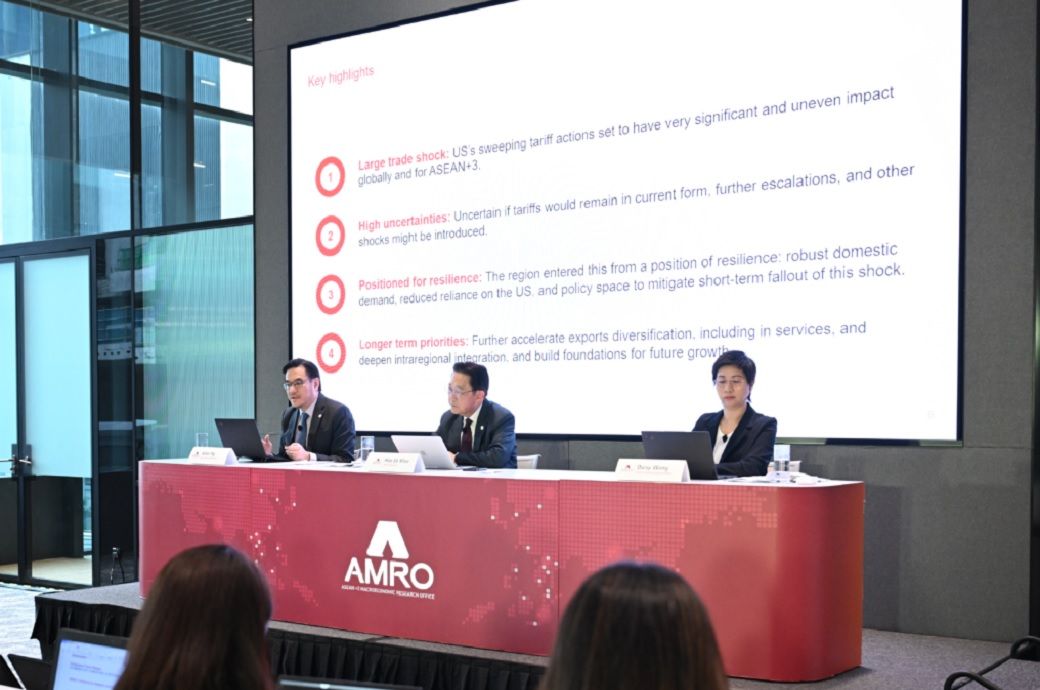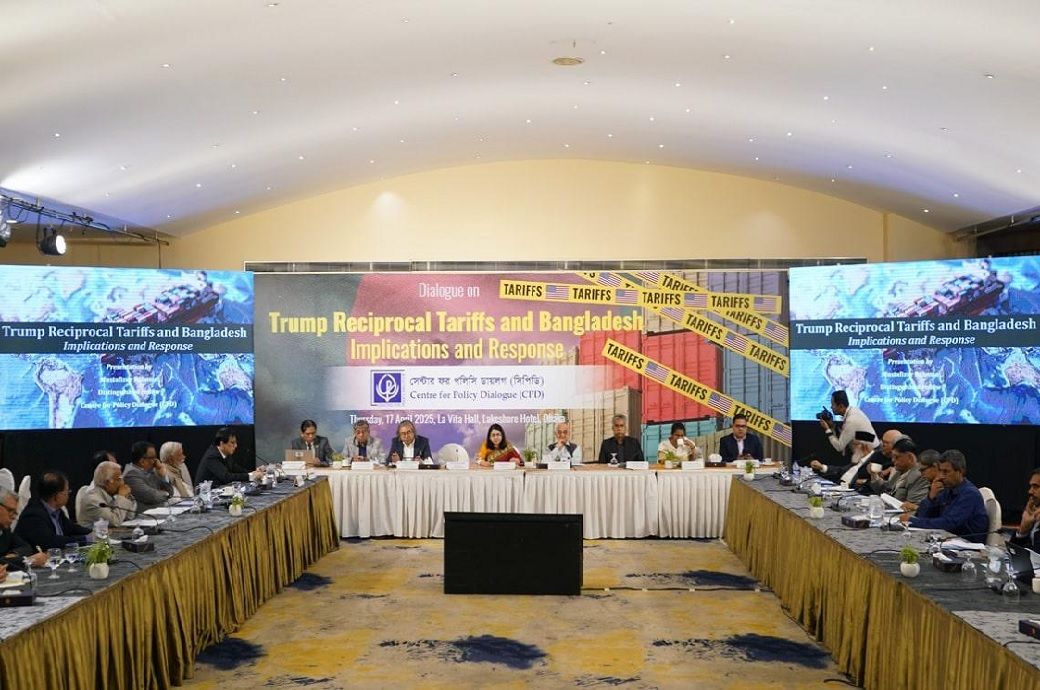Sustainable Recovery and Reuse of Hard Carbon From Scrap and End‐of‐Life Sodium‐Ion Batteries
Advanced Energy Materials, EarlyView.

As sodium-ion battery (SIB) technology advances, sustainable end-of-life recycling is crucial. This study presents a direct recycling method for hard carbon (HC) using low-temperature binder negation at 300 °C under nitrogen. Retaining structural integrity, recycled HC achieves 86–89% capacity retention over 200 cycles. These findings support circular economy strategies for SIBs and sustainable electrode recovery.
Abstract
As Sodium-ion battery (SIB) technology progresses toward commercial viability, sustainable end-of-life (EOL) management is critical. Methods for recycling key components such as hard carbon (HC), a negative electrode material, remain underexplored. This study introduces a direct and efficient recycling approach for HC from production scrap and EOL cells using “ice-stripping” followed by a low-temperature binder negation at 300 °C under nitrogen. The effects of temperature on HC structural integrity and electrochemical performance are comprehensively characterized using XRD, Wide-Angle X-ray Scattering (WAXS), and XPS. Heating above 400 °C induces irreversible damage to HC's graphene layers and modifies the carbon surfaces, resulting in poor electrochemical performance. However, HC reclaimed at 300 °C retains near-pristine electrochemical performance, with capacities of 243 mAh g⁻¹ (scrap) and 228 mAh g⁻¹ (EOL) after 50 cycles. Full-cell configurations demonstrates robust cycling stability, with 86% and 89% capacity retention after 200 cycles for HC derived from scrap and EOL cells, respectively. This work highlights the potential of lower-temperature, direct recycling to enable a circular economy for SIBs. The findings set a benchmark for developing sustainable recycling methods for HC and other SIB components.









